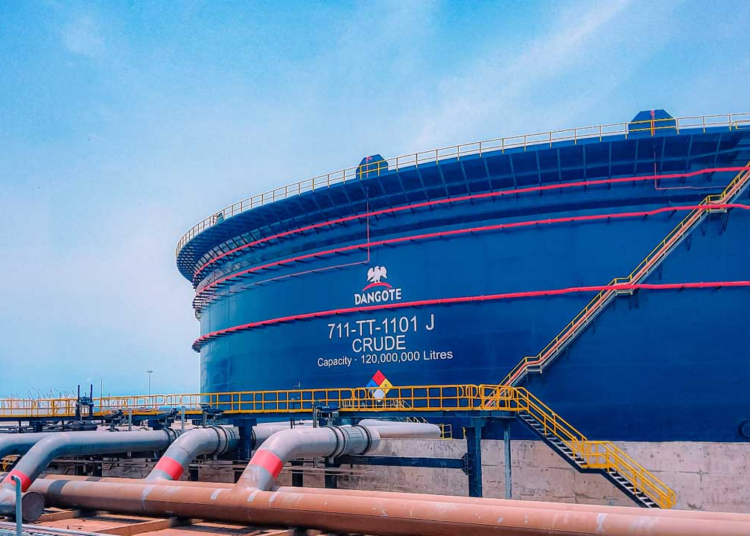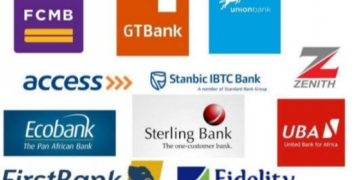After more than a year since its launch in May 2023, Dangote Refinery has officially commenced the production of Premium Motor Spirit (PMS), commonly known as petrol, from its state-of-the-art 650,000 barrels per day facility in Lagos.
The refinery, owned by billionaire businessman Aliko Dangote, rolled out its first batch of petrol on Tuesday, marking a significant milestone in Nigeria’s energy sector.
At a press conference, Dangote described the event as a “celebration day” for Nigerians, assuring that the petrol produced at the refinery would be of top quality. “You are now going to have good petrol while the engines of your vehicles will last longer,” he stated. “You will not be having an engine issue, which a lot of us were having. It won’t happen at all.”
Dangote emphasised that the quality of the petrol produced at his refinery would be at par with global standards. “The quality here will match that of anywhere in the world; US, America, we will make sure that nobody will beat us in terms of quality,” he declared.
The refinery, which began operations in December 2023 with a capacity of 350,000 barrels per day, plans to reach its full capacity of 650,000 barrels per day by the end of the year. The facility has already started supplying diesel and aviation fuel to marketers across the country, and now adds petrol to its portfolio.
Speaking on the next steps, Dangote mentioned that the refinery’s products would soon be available in the market. “As soon as we finalise with the NNPCL, our product will start going into the market,” he said. He also highlighted the broader economic impact of the refinery’s operations, stating, “We will help to restore industry and manufacturing. We will begin real import substitution, which is what we have, you know, saving foreign exchange, earning foreign exchange, which will stabilise the naira, and it will also help bring down inflation and cost of living.”
The rollout of petrol from Dangote Refinery comes amidst ongoing challenges faced by the Nigerian National Petroleum Company Limited (NNPCL), which recently admitted to owing significant debt to petrol suppliers, a situation that has exacerbated the country’s fuel supply issues. A $6 billion debt to petrol suppliers has been cited as a major factor contributing to persistent fuel scarcity in Nigeria, a problem that has been ongoing since early 2024.
NNPCL spokesman, Olufemi Soneye, recently acknowledged the financial strain on the company, stating that it “has placed considerable pressure on the company and poses a threat to the sustainability of fuel supply.” The NNPCL has also attributed supply shortages to logistics challenges, flooding, and other factors.
Nigeria, Africa’s most populous country, continues to grapple with energy challenges, relying heavily on imported refined petroleum products due to the non-operational state of its government-owned refineries. The NNPC remains the primary importer of these essential commodities. The removal of fuel subsidies in May 2023 caused petrol prices to soar from around ₦200 per litre to about ₦800 per litre, further straining citizens who rely on petrol for their vehicles and generators amidst an unreliable electricity supply.
In addition to the fuel price hike, the government’s decision to unify forex windows has led to a steep decline in the naira’s value, plummeting from ₦700 to over ₦1600 against the US dollar in the parallel market. This devaluation has triggered a surge in the prices of food and basic commodities, intensifying inflationary pressures on the economy.
The commencement of petrol production by Dangote Refinery is expected to alleviate some of the challenges by reducing Nigeria’s reliance on imported fuel, stabilising the naira, and potentially easing inflationary trends in the long run.




